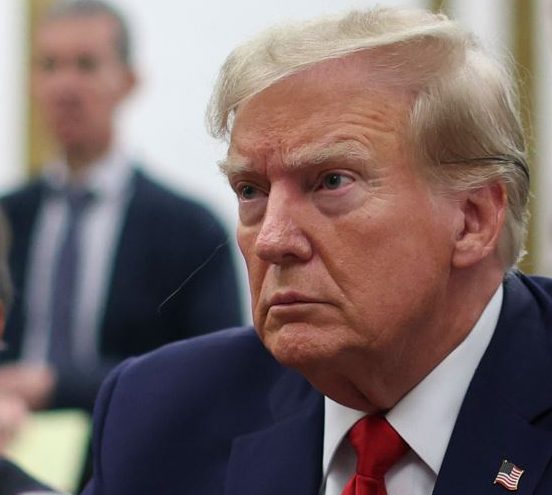Leading the debate, Kawu lamented “that in the tapestry of Nigeria’s governance system, local governments are meant to be threads weaving development at the grassroots.
He said, “Envisioned as the closest tier of administration to the people, they hold the potential to address local needs directly and shape communities from the inside out. But the story of Nigeria’s local government system is one of promise and paradox, woven with threads of hope and frustration.”
He went the historical route by saying “the journey began in 1976 with a local government reform, aiming to decentralize power and empower communities.
“Envisioned as self-governing entities with elected officials, local governments handled critical aspects of community life – primary education, healthcare, sanitation, local infrastructure and community security.
“It was a dream of grassroots democracy, where decisions were made closer to the people they impacted”.
However, according to him, the dream of achieving the objectives of the local government system encountered harsh realities.
During contributions from senators across party lines to the debate, it was lamentation galore from them that the local government system has been crippled by the governors and thus , the need for constitution amendment to give it autonomy, administratively and financially.
Among senators that contributed are Orji Uzor Kalu, Ahmed Lawan, Eyinnaya Abaribe, Friday Benson, Ifeanyi Uba, etc. They all called for amendment of Section 7 of the constitution.
The deputy Senate President Jibrin Barau who presided over the session said “the local government system is dead in Nigeria and can only be resuscitated through far-reaching constitution amendments which should guarantee their administrative and financial autonomy as well as making INEC, their electoral umpire.”







